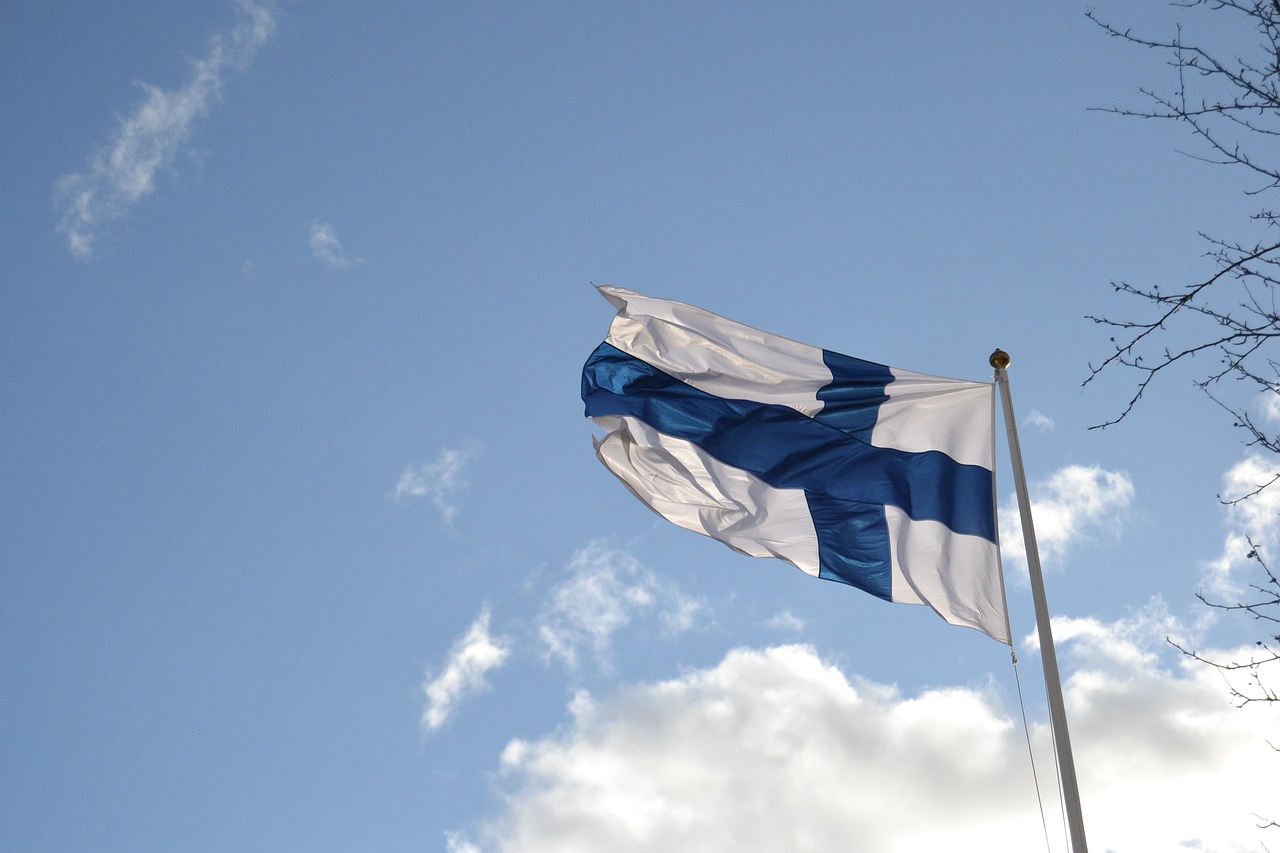Veikkaus supports gambling monopoly end after stable H1

During the half-year, Veikkaus said it was in favour of the introduction of a licensing model. The monopoly believes that this is the most effective way to channel consumers from unlicensed to licensed offerings.
“The most important thing is that more gambling can be channeled into licensed offerings than before and we think that the license system best supports this goal and the development of more responsible gambling,” said Veikkaus CEO, Olli Sarekoski, introducing the H1 report.
Sarekoski added that Veikkaus is “strategically prepared” to develop its business regardless of what gambling regulation system is in place.
“However, change requires renewal and development from both Veikkaus and the people of Veikkaus,” he said.

Veikkaus reports slight year-on-year revenue growth in H1
For the six-month period ending 30 June, Veikkaus recorded €519.3m in revenue, a 1.0% increase from the €515.9m the company reported in the same period the previous year.
This includes its main B2C business. Veikkaus’ B2B subsidiary Fennica Gaming reported €300,000 in turnover for the six months. Fennica Gaming supplies online lottery products to operators in Europe.
Veikkaus’ online casino segment drove the increase, growing 9.4% to €93.2m in H1. The monopoly put this down to a series of successful game launches.
“Veikkaus’ result and performance during the first half of the year were as expected and we can be satisfied with these as a whole,” said CFO Regina Sippel. “The first half of the year was positive, especially in Veikkaus’ digital channel.”
Business sees rising costs on all fronts
Despite the increase in revenue, the business saw increased costs which ate into any potential rise in profits. All expenses rose compared to the previous year, but some costs grew faster than others.
In particular, the costs of the lottery tax rose 48.1% to €25.9m, from €17.5m. The company’s other business expenses category, which includes development costs, increased from €51.7m to €60.5m.
The costs of Veikkaus’ employee benefits rose a more modest 10.2% to €46.0m. Meanwhile, materials and services remained comparatively stable on €61.1m, up from €59.3m.
The company’s depreciation and amortisation costs also grew, from €16.5m to €17.1m.
Increased expenses eat into profits
After taking into account the increased costs, the business’ operating profit fell 6.2% to €310.2m from the €330.8m reported year-on-year.
Due to €1.7m received in financial investments, as well as factoring in just €21,700 in financial costs, the business reported a total profit of €311.9m. As a state-owned corporation, it did not pay tax on its profits.
Veikkaus optimistic about Fennica prospects
The operator highlighted the growth of Fennica during the period. The subsidiary – which was launched in May 2022 – reported €300,000 in revenue for the period, leading to a €3.4m loss. Veikkaus said this was in line with expectations.
Fennica managing director Timo Kiiskinen highlighted the business’ products.
“Fennica Gaming’s corporate clients have been very satisfied with the quality of games developed by Veikkaus and the modern technology and reliability of the game engine and platform,” he said.
End of Finnish monopoly
The Finnish government currently plans to end Veikkaus’ gambling monopoly by 2026 as part of a bid to increase the country’s channelisation rate, which is low compared to peer countries.
Under the planned new system, private companies would be able to apply for a licence to offer sports betting and online casino.
The government said it plans to divide Veikkaus into a number of separate companies within the same group. This would reverse a 2017 merger between betting brand Veikkaus, slot business Raha-automaattiyhdistys and horse race betting operator Fintoto.
The government intends to establish a national self-exclusion system, empower the regulator with sufficient resources and put in place new measures to combat money laundering and sports integrity.
The government released a report in April, which argued the current system needed to be updated. It said this could either be achieved by the introduction of a licensing model or through the strengthening of the gambling monopoly.
